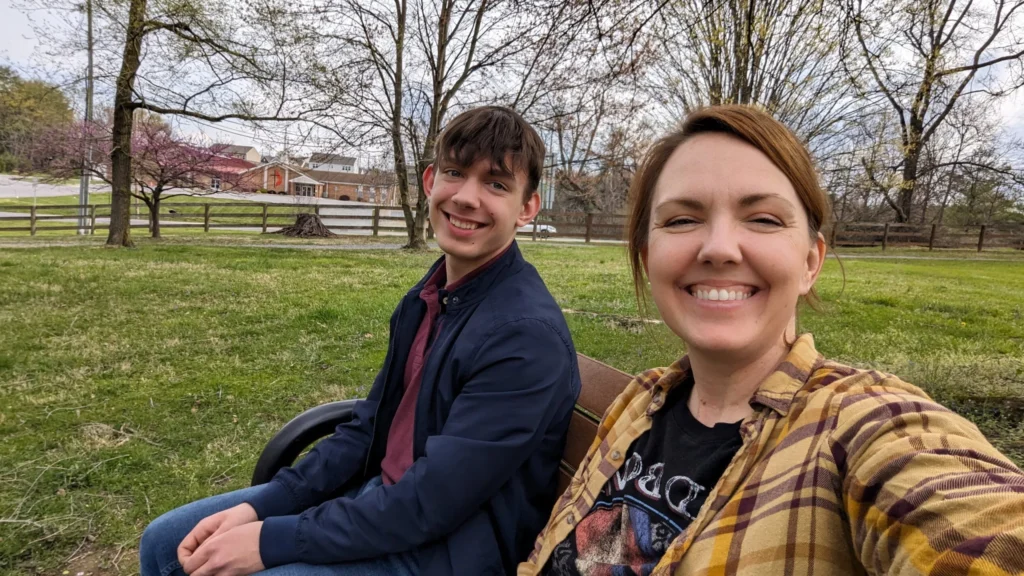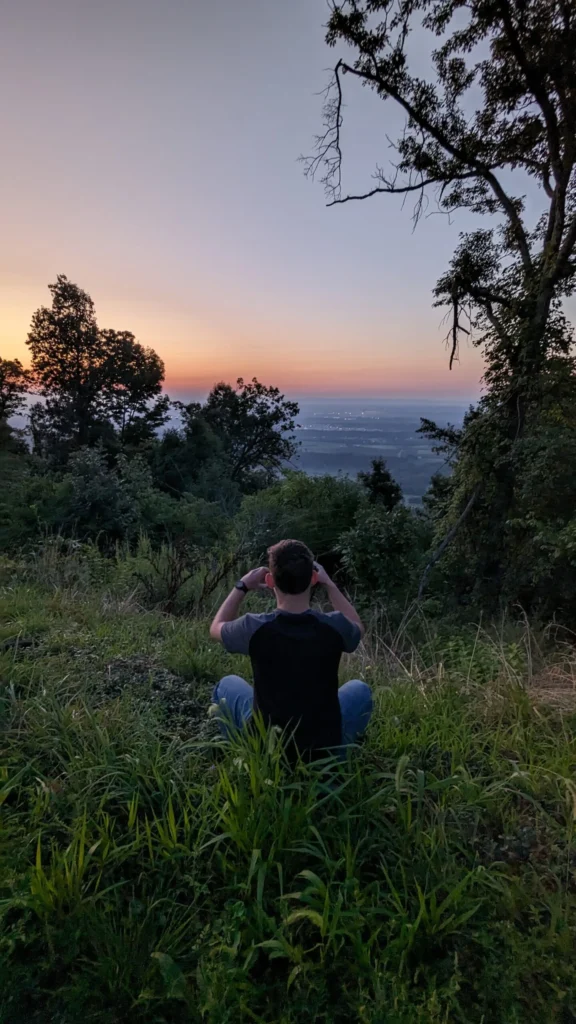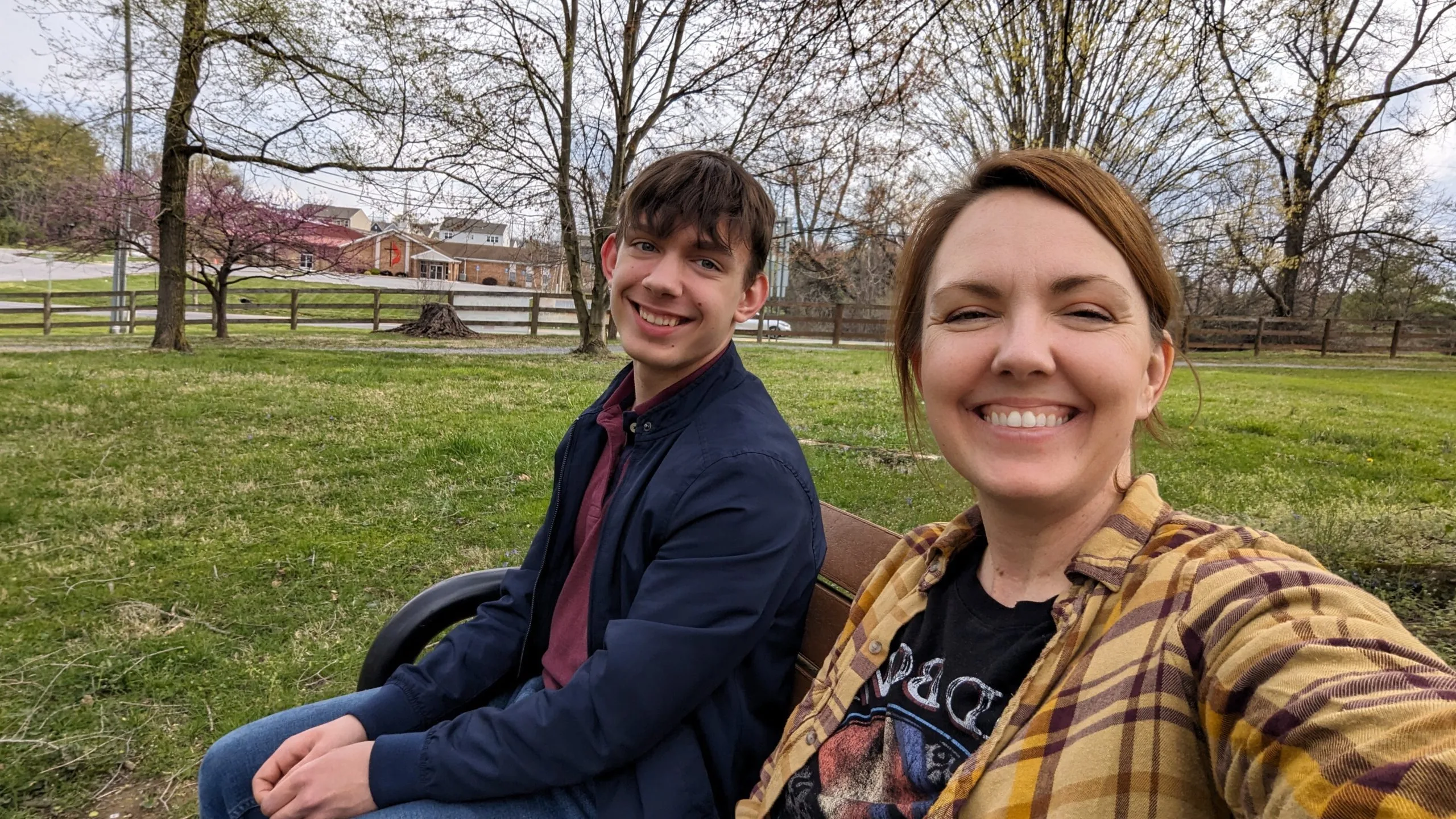The other night at dinner, I found myself staring at a truth I couldn’t unsee.
We were laughing. Sharing stories. Talking about hormones and exhaustion and how no one really tells you how heavy womanhood can get. It felt safe. Familiar. Until someone said—half-joking—“When I get to heaven, I’m going to throat punch Eve.”
We all laughed. I laughed. But inside, something in me paused.
Because I know that joke. I know what it’s built on. And I know how much damage it’s done.
I grew up inside that story—that Eve was the one who messed it all up. That because she was deceived, because she wanted more, because she reached for knowledge, pain is our birthright. Childbirth, hormones, longing, desire, rebellion—all of it is framed as punishment. Because of her.
Because of us.
But childbirth is not a punishment. Hormones are not a curse. Womanhood is not something to be ashamed of. We carry life. We create it inside our bodies and then bring it into the world. That’s not a punishment—that’s a miracle. And yes, it’s painful. Yes, it’s messy. But pain doesn’t mean wrongness. Pain is part of transformation. Think of how a seed breaks open before it blooms. Or how bones ache as they grow. Some of the most beautiful things in life hurt—and not because we did anything wrong, but because creation requires something of us.
What’s tragic is how religion—and often, men—have taken that beauty and twisted it. How they’ve framed the most sacred parts of our bodies and our lives as shameful. As weak. As something to be controlled, softened, managed, or hidden. They’ve taken the power of creation and called it consequence.
But I no longer believe that.
Do you know what that does to a girl? To grow up believing that your body is cursed, your voice is suspect, your desires are dangerous? That you are inherently untrustworthy? That you must submit, serve, apologize?
You don’t even notice the cage at first.
Because it’s not made of steel. It’s made of assumptions. Jokes. Scripture quotes. Expectations.
It’s the way your partner makes a comment about your body in passing.
The way your church praises your silence as virtue.
The way your pain is explained away as hormonal.
The way you don’t speak up in a relationship because you don’t want to sound “ungrateful.”
The way you shrink yourself, again and again, because somewhere along the way, you were taught that sacrifice is love.
These are the cages we don’t see.
Until we do.


And then—if we’re brave—we start to dismantle them.
That dinner made me realize how many cages I’ve walked out of in the past few years. Some of them subtle. Some of them more obvious. Some I still catch myself sitting in by habit. But I’m not living in them anymore.
I don’t believe pain is a punishment.
I don’t believe I was made to be small.
And I don’t believe that love is measured by how much of myself I’m willing to lose.
I can look back now and see the weight so many women carry without even realizing it. My friend, sitting across from me at dinner—tired in a way that doesn’t come from just physical exhaustion. Soul-tired. Like she’s been surviving inside a system that doesn’t see her. Like she’s had to fight to keep pieces of herself alive in a life that was never built to hold her fully.
And I’ve been there.
The version of me that once thought endurance was the goal. That if I just stayed quiet enough, agreeable enough, low-maintenance enough, I’d earn rest. I’d earn love. But rest never came. Love did, sometimes—but it came with terms.
Now I know better.
Now I go to places by myself. I sit in quiet booths at restaurants and don’t feel strange. I walk through antique stores slowly, stopping whenever something catches my eye. I drive out into the mountains and don’t ask anyone’s permission to do so.
It’s not dramatic. But it’s everything.
This isn’t a post about how to break free. I don’t have the blueprint.
All I know is that it didn’t happen overnight.
It happened slowly. In conversations that stayed with me. In quiet discomfort I stopped brushing off. In noticing how I felt, and finally trusting that those feelings mattered.
And once I started seeing the patterns—what was shaping me, what was silencing me—I couldn’t unsee them.
If you’re still in the cage, I’m not judging you.
If you’ve broken out of one cage and found yourself in another, I get that too.
If you don’t see a cage at all, I won’t try to convince you.
But for the ones who feel it—in your gut, in your tired bones, in the quiet resentment that builds behind your smile—I want you to know you’re not alone.
And you’re not wrong for wanting more.
Healing in the Wild
One year ago, my world ended.
And somehow, the world kept going.
I lost my son Ian last May. Four days later, I sat down and wrote what I couldn’t say out loud.
